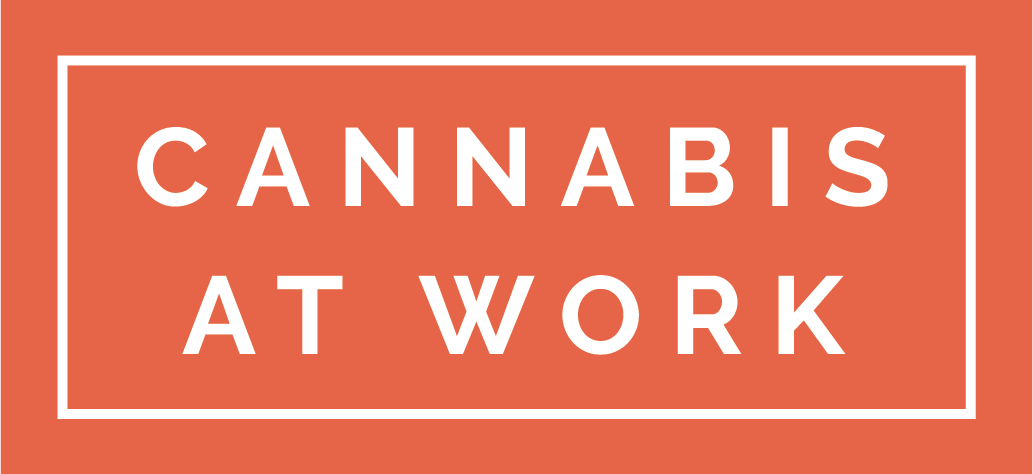As former VP of HR for MedReleaf, Jason Fleming is a familiar face within the cannabis sector. Jason has recently joined Cannabis At Work where he will lead HR consulting services to help clients build and strengthen HR practices. We asked Jason to share some insights about where cannabis companies can enhance their HR capacities in the coming year.
Q: What in your opinion is the biggest challenge facing cannabis companies in 2019 from an HR perspective?
A: I anticipate that the biggest challenge will remain securing the talent needed to meet the growth and operational needs of organizations. Canadian cannabis companies continue to scale-up and build-out their capabilities quickly; this requires the right people with the right skills at the right time. This is a hard process to manage under normal conditions, bit what makes this particularly challenging is that there are many companies competing for the same talent and skill sets across the country and abroad simultaneously.
In addition to securing the necessary talent, maintaining a high-level of employee satisfaction while organizations grow and expand at a blistering pace will be a challenge. The euphoria of a new industry is wearing off and employees are going to expect their corporate HR functions to deliver a great employee experience, despite their rapid growth. Balancing growth with the retention of employees is not an easy task. The companies that can figure this out will have a major strategic advantage in the industry.
Q: There is a lot of M&A activity in the cannabis space. What specific HR challenges should companies be aware of when acquiring or merging with another organization?
A: Unfortunately, mergers and acquisitions typically lead to high-levels of short-term stress among employees. The major challenges that HR will face during M&A activity will typically include:
a lack of focus among employees (of the acquired organization),
burnout due to heightened workloads,
maintaining positive morale during a period of intense change,
more interpersonal conflict among employees due to elevated levels of stress and fear, and;
a spike in turnover among employees who fear they no longer have a stable job.
Although managing these challenges is a monumental task, it can be done with the right approach and strategy. Employers who prioritize interdepartmental and inter-organizational planning, frequent and transparent communication, managing cultural differences proactively as well as making employee comfort the priority will typically see fewer HR-related issues during an integration process.
Q: Many new applicants and early stage companies will be coming online this year. How can companies at this stage ensure they are developing the right HR policies, procedures and process to support sustainable growth?
A: It is important for these organizations to invest in a solid HR foundation early-on. Underestimating the importance of HR to an organization’s long-term success often leads to significant challenges, such as: compliance gaps, legal issues, elevated turnover and employee dissatisfaction.
Initially, an organization may not want to pay the higher salary of an HR Executive and may opt to hire an intermediate or manager-level HR professional. Provided such a resource is supplemented with a strategic HR advisor or executive-level consultant, this can work well while a company is small. This will ensure that the design of an organization’s HR foundation and infrastructure is overseen by a senior practitioner to avoid rework and/or gaps. Most importantly, it will ensure the foundation is designed in a manner that will allow for scalability and optimum strategic impact. Once an organization is scaling to become a mid-sized company it is wise to hire a senior-level HR practitioner internally.
A few additional points for early-stage companies and new applicants to consider include:
•Temporary fixes and band-aid solutions often lead to excessive rework as a company starts to scale; doing things the right way early on can save a lot of time, energy and money.
•HR-related legal issues draw a lot of public attention and can irreparably harm your employer brand; a strong HR function can help prevent these challenges.
•When building your HR infrastructure, don’t build it for your current HR needs. It is important to start building an HR foundation for where your organization will be in 5 years to avoid delays and challenging with the scaling of your business.
Learn more about our full range of consulting services.

